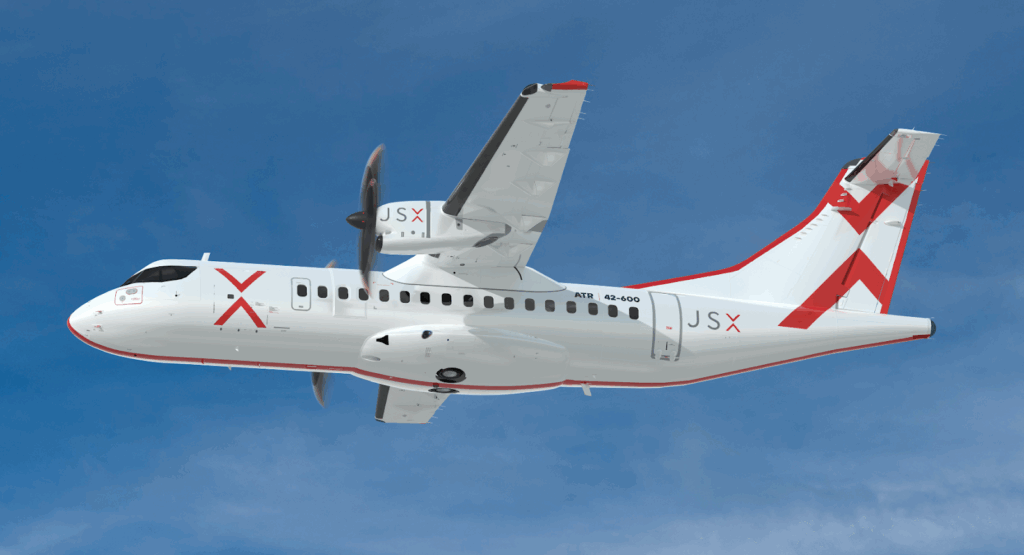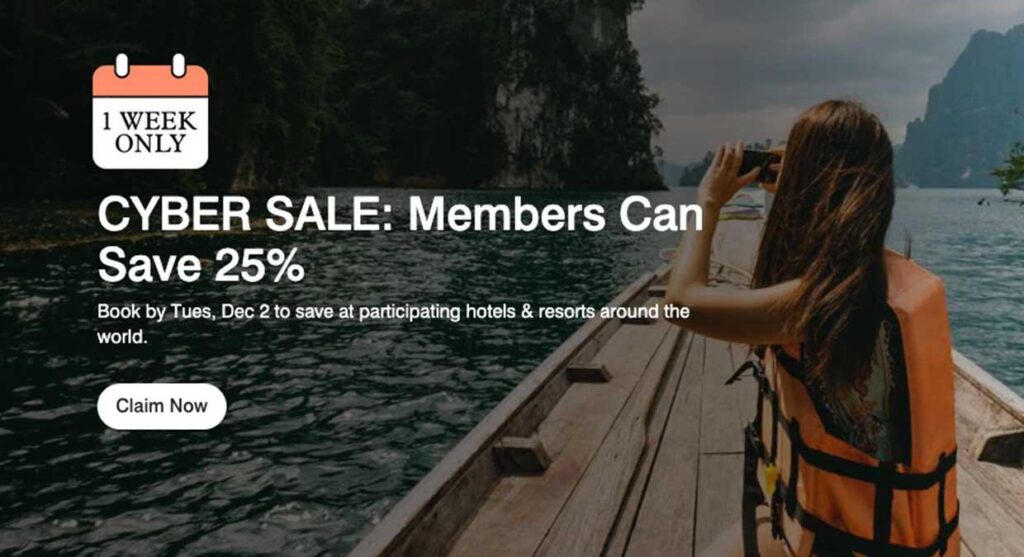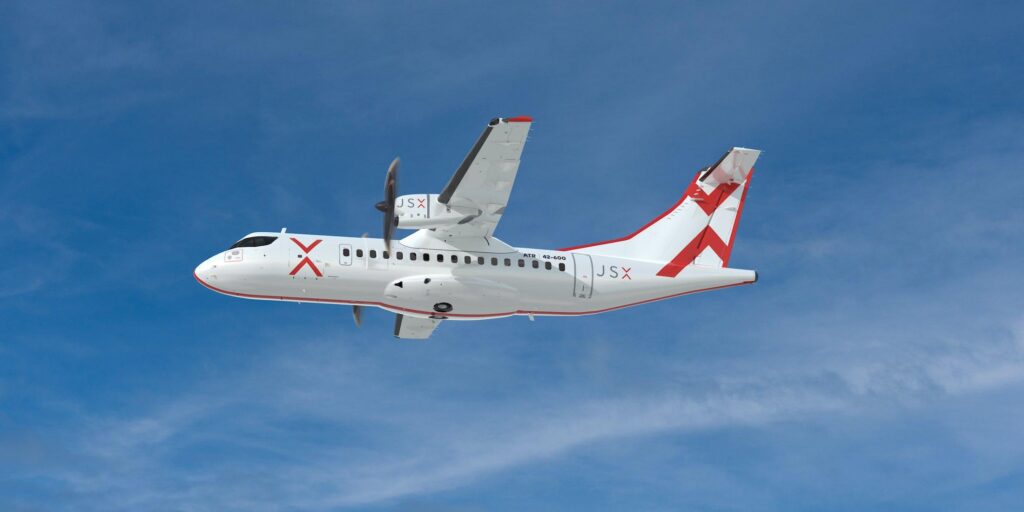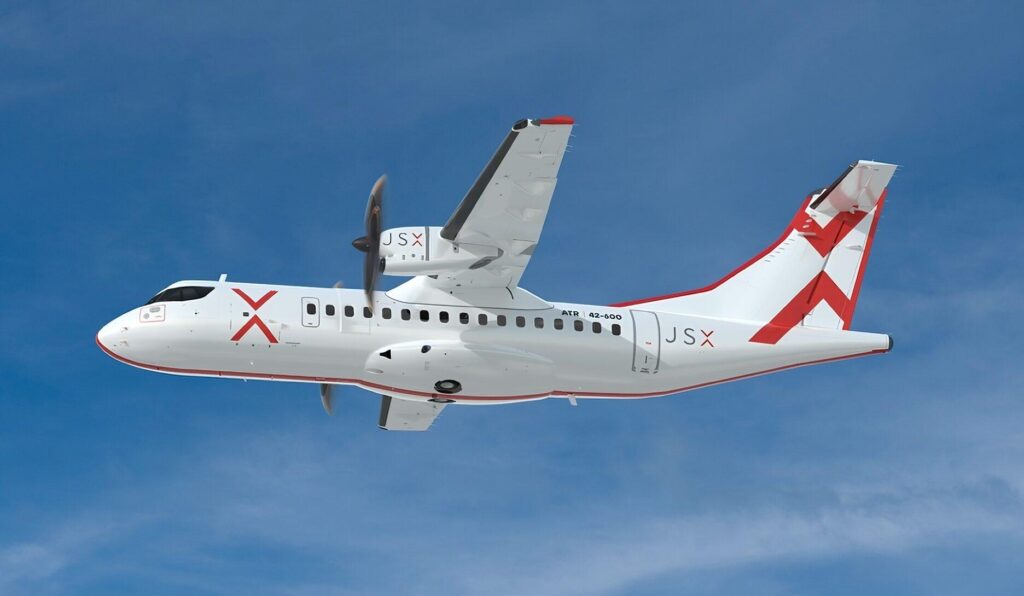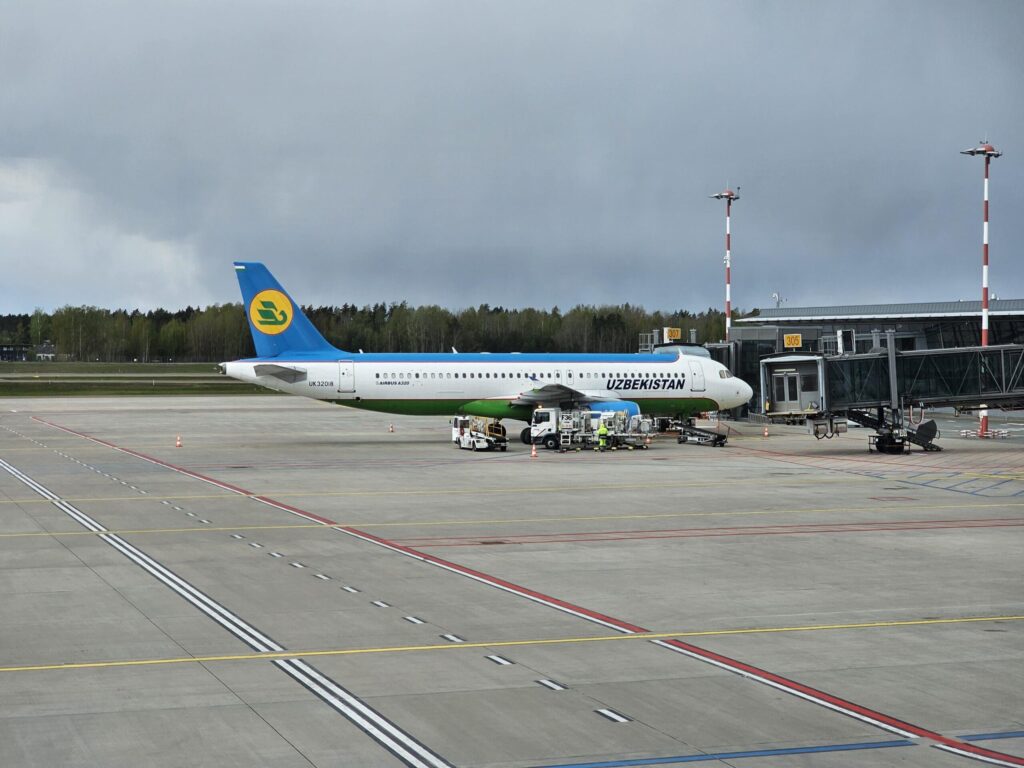
A Year In Review: Luxury vs. Budget Travel Trends in 2024
The year 2024 marked a significant turning point in the travel industry. As the world emerged from the shadows of the pandemic, travel demand not only rebounded but surged beyond pre-pandemic levels. Factors such as widespread vaccine distribution, eased travel restrictions, and pent-up wanderlust contributed to this unprecedented growth. This resurgence brought with it a wave of new trends, particularly in luxury and budget travel. While premium travel soared to new heights, budget airlines faced unprecedented challenges. This comprehensive review explores the multifaceted landscape of 2024’s travel trends, examining the dichotomy between luxury and budget travel, and what it means for travelers worldwide through the lens of global travel industry recovery analyses .
The Ascendance of Luxury Travel in 2024

The global luxury travel market experienced remarkable growth in 2024, fueled by an insatiable demand for unique and authentic experiences. Wealthy travelers sought out new and emerging destinations, venturing to places like Japan, Croatia, and Saudi Arabia. The latter, in particular, invested heavily in tourism through initiatives like Saudi Arabia’s Vision 2030 tourism projects , opening its doors to international visitors and offering a blend of ancient culture and modern luxury. This shift not only expanded travelers’ horizons but also redefined the essence of luxury travel, emphasizing experiential journeys over traditional opulence.
Travelers in this segment placed a premium on authenticity, gravitating towards family-led independent hotels such as those affiliated with The Leading Hotels of the World (LHW). These establishments offered personalized services and experiences that large chains often couldn’t replicate. Cross-brand collaborations became a noteworthy trend, exemplified by Accor’s partnership with the iconic Orient Express, blending hospitality with heritage transportation for an unparalleled journey. Additionally, collaborations like luxury hotel brands partnering with local artisans for cultural immersion enriched the traveler experience by allowing guests to engage deeply with the local culture.
“Slow travel” emerged as a popular concept among luxury travelers, emphasizing leisurely and immersive experiences over whirlwind tours. This approach allowed travelers to deeply connect with destinations, cultures, and communities, enhancing the overall quality of their journeys. Aligning with the principles of sustainable and responsible tourism practices , slow travel not only enriched personal experiences but also minimized the environmental impact by reducing frequent flights and promoting longer stays. The emphasis on sustainability and personalization became central themes, reflecting a broader desire for meaningful and impactful travel experiences.
Moreover, the rise of expedition cruises on small, upscale ships offered access to remote destinations such as the Peruvian Amazon and the Galapagos Islands. These voyages catered to affluent adventurers seeking exclusivity and intimacy, often featuring bespoke itineraries and expert-led excursions. Companies invested in creating luxury expedition cruises to remote destinations , enabling travelers to explore untouched landscapes while enjoying five-star amenities onboard. This trend further cemented luxury travel’s dominance in 2024, appealing to those who desire unparalleled experiences that combine adventure with comfort.
Premium Travel Takes Flight

Airlines responded to the burgeoning demand for premium travel by enhancing their services and amenities. First-class cabins, once perceived as extravagant, became more mainstream as travelers sought comfort and exclusivity. Airlines like Southwest embarked on significant transformations, introducing seat assignments and increasing legroom to cater to discerning passengers. Additionally, carriers invested in cutting-edge in-flight entertainment and connectivity systems to enhance the passenger experience. These upgrades reflected a competitive push to attract premium customers seeking both luxury and convenience.
However, not all airlines successfully navigated this shift. Delta Air Lines faced operational struggles, grappling with service disruptions that tarnished its reputation. In contrast, new consumer protections emerged, such as air passenger rights regulations for flight delays and cancellations , aiming to hold airlines accountable for delays and cancellations, thereby benefiting travelers seeking reliability alongside luxury.
The cruise industry mirrored this upward trajectory, experiencing record bookings and placing new ship orders to meet demand. The emphasis was on providing opulent experiences at sea, with ships offering amenities akin to floating luxury resorts. From gourmet dining to world-class entertainment, cruise lines catered to the desires of travelers eager for indulgence and exploration. Innovations such as luxury cruise ships with sustainable technology addressed environmental concerns while enhancing guest comfort, appealing to a growing segment of eco-conscious luxury travelers.
Despite inflationary pressures, affluent travelers prioritized their travel plans, with some allocating up to 23% of their income towards vacations. The inclination towards wellness-focused experiences also grew, with many seeking retreats that offered mental and physical rejuvenation. Destinations offered luxury wellness retreats integrating traditional healing practices , allowing guests to engage in holistic therapies and mindfulness activities. This trend underscored a holistic approach to luxury travel, blending indulgence with well-being and emphasizing personal health as a key component of the travel experience.
Challenges in the Budget Travel Sector

While luxury and premium travel soared, the budget travel sector faced significant headwinds. In a startling turn of events, budget airline Spirit Airlines filed for bankruptcy following a failed merger with JetBlue. The collapse of Spirit highlighted the vulnerabilities within the low-cost carrier market, particularly as travelers shifted preferences towards more comfortable and reliable options. Factors such as rising fuel costs, increased competition, and changing consumer expectations contributed to the challenges faced by budget airlines, as detailed in analysis of low-cost carriers’ decline in 2024 .
Budget airlines struggled to compete with the enhanced offerings of their premium counterparts. The financial instability of these carriers led to decreased route options and reduced service quality, further driving travelers away. Overtourism exacerbated the issue, with popular destinations like Venice and Barcelona implementing regulatory actions, such as tourist taxes and limitations on short-term rentals, to manage crowds and preserve local environments. Protests erupted globally, calling for sustainable tourism practices and highlighting the negative impacts of mass budget travel, as reported in global movement towards sustainable tourism policies .
The decline of budget options was not limited to air travel. Accommodations in the budget sector faced similar challenges, with many travelers opting for mid-range hotels or alternative lodging that offered better value for money. The rise of affordable boutique hotels with personalized services attracted budget-conscious travelers seeking quality experiences without excessive costs. The shifting spending priorities of travelers, especially among younger generations valuing experience over price, signaled a significant change in the travel industry’s dynamics.
As a result, the budget travel sector was forced to reevaluate its strategies. Some companies attempted to pivot by offering upgraded services, such as enhanced customer service and improved in-flight experiences, or merging with other carriers to consolidate resources. However, the overarching trend indicated a diminishing appeal for ultra-low-cost travel options in 2024, prompting discussions on future strategies for budget travel companies .
The Transformative Role of Technology in Travel
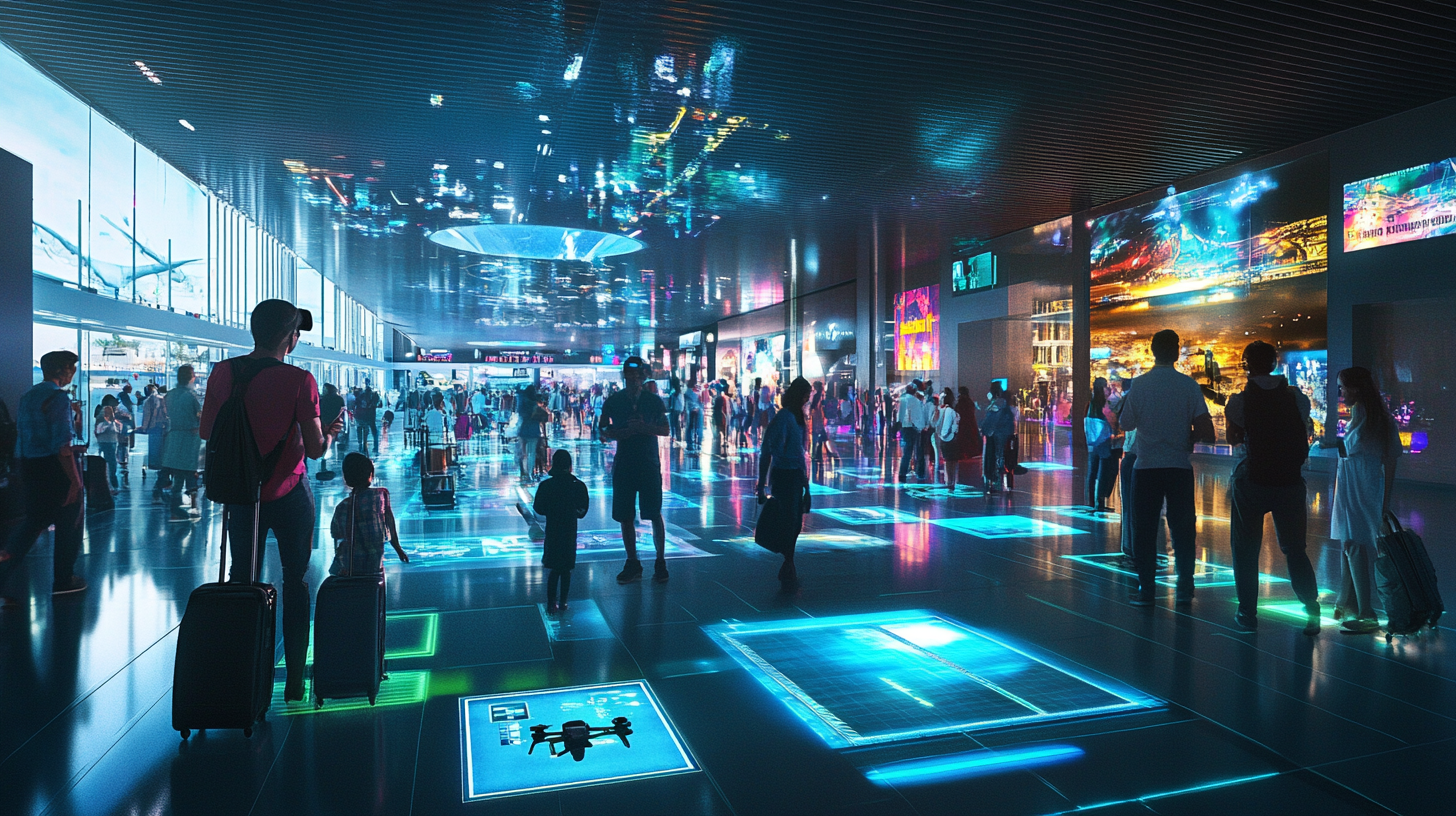
Technology played a pivotal role in reshaping the travel landscape in 2024. Artificial intelligence (AI) emerged as a transformative force, revolutionizing how travelers planned and experienced their journeys. AI-powered platforms like personalized travel planning apps using AI algorithms provided customized itineraries, taking into account individual preferences, previous travel history, and real-time data. This tech-driven travel allowed for more curated experiences, aligning with the desire for personalization among luxury travelers and offering convenience to all segments.
Virtual reality (VR) technologies enhanced trip planning by offering immersive previews of destinations. With platforms like virtual reality travel experiences for destination scouting , travelers could virtually explore hotels, attractions, and even restaurants before making bookings, ensuring that their choices aligned with their expectations. This technological advancement bridged the gap between imagination and reality, providing a new level of confidence and anticipation for travelers, and influencing decision-making in the booking process.
Language translation apps and AI-powered communication tools made international travel more accessible. Real-time translation features on devices like smart wearable translators for travelers broke down language barriers, facilitating more meaningful interactions with local cultures. This technological integration enriched the travel experience, allowing for deeper connections and understanding, and encouraging travelers to venture confidently into regions previously hindered by language differences.
However, the reliance on technology also prompted discussions about digital burnout. As digitization permeated every aspect of travel, a resurgence in face-to-face interactions and a desire for digital detoxes emerged. Travelers sought balance, embracing the conveniences of technology while yearning for authentic, unplugged experiences. This led to the popularity of digital detox retreats in remote locations , where guests could disconnect from devices and reconnect with nature and themselves.
Sustainability and Wellness: The Pillars of Modern Travel

Sustainability became a cornerstone of travel trends in 2024, with an increasing number of travelers prioritizing eco-friendly options. Over 90% of luxury travelers expressed a preference for sustainable choices, reflecting a growing environmental consciousness. This shift influenced decisions from transportation to accommodations, with a significant impact on the industry’s practices. Hotels adopted measures such as carbon-neutral hotel operations and renewable energy use to appeal to environmentally conscious guests, setting new standards for sustainable luxury.
Hotels and resorts responded by implementing sustainable initiatives, such as reducing waste, conserving energy, and supporting local communities. Rewilding vacations gained popularity, offering nature immersion experiences at establishments that actively enhance biodiversity. Destinations like rewilding safari experiences in restored ecosystems provided travelers with the opportunity to reconnect with nature while supporting environmental conservation efforts. These trips not only offered unique experiences but also contributed to ecological restoration projects globally.
Wellness tourism surged, with high demand for retreats focused on mental and physical rejuvenation. Travelers sought destinations that offered more than just relaxation, desiring transformative experiences that promoted overall well-being. Activities like star gazing, oceanic exploration, yoga retreats, and mindfulness workshops extended beyond traditional spa offerings. Resorts began offering holistic wellness programs incorporating indigenous healing practices , catering to guests seeking profound personal growth and healing.
The fusion of sustainability and wellness reflected a holistic approach to travel. It signified a desire not only to see the world but to positively impact it while fostering personal growth. This trend exemplified the evolving expectations of modern travelers and the industry’s adaptation to meet these needs.
Gen Z and Millennial Influences on Travel Trends
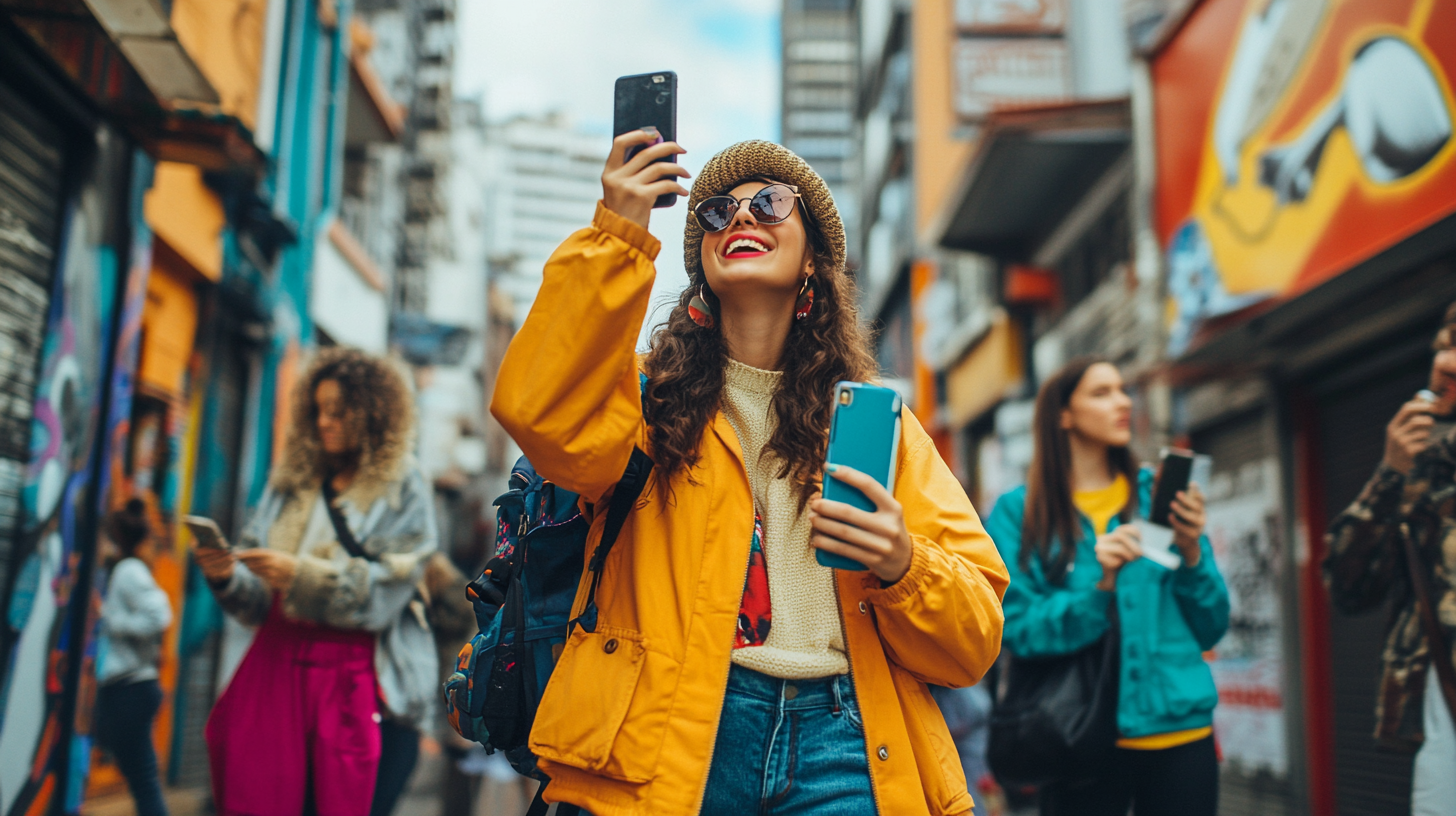
Gen Z and millennials played a significant role in shaping travel trends in 2024. Their preferences drove innovations that made travel more accessible and tailored to individual desires. This demographic prioritized personalization, meaningful experiences, and the integration of technology in their travel planning. Platforms like social media travel inspiration apps for millennials and Gen Z influenced destination choices, as peer recommendations and influencer content carried significant weight in this demographic’s decision-making process.
Solo and spontaneous travel became increasingly popular among younger travelers. Embracing self-love and independence, they embarked on trips with unplanned itineraries, seeking authentic experiences and cultural immersion. The rise of safe solo female travel networks provided support and resources for women exploring the world independently. This approach to travel favored exploration over strict schedules, allowing for flexibility and serendipity, and fostering personal growth.
Gen Z’s inclination towards bleisure travel blurred the lines between business and leisure. They leveraged remote work opportunities to extend business trips into personal getaways. The trend of workation packages offered by resorts and hotels emerged, providing amenities conducive to both work and relaxation. This approach reflected a desire to maximize experiences and maintain a balanced lifestyle, seamlessly integrating professional responsibilities with personal enjoyment.
The influence of social media cannot be understated. Platforms like Instagram and TikTok inspired travel decisions, with destinations gaining popularity due to viral content. Hashtags and trends led to the popularity of spots like most Instagrammable travel destinations in 2024 , as Gen Z travelers sought out experiences that could be shared on social media, fueling the demand for unique and photogenic locales. This phenomenon drove tourism to previously obscure locations, impacting local economies and cultures.
The Resurgence of All-Inclusive Resorts
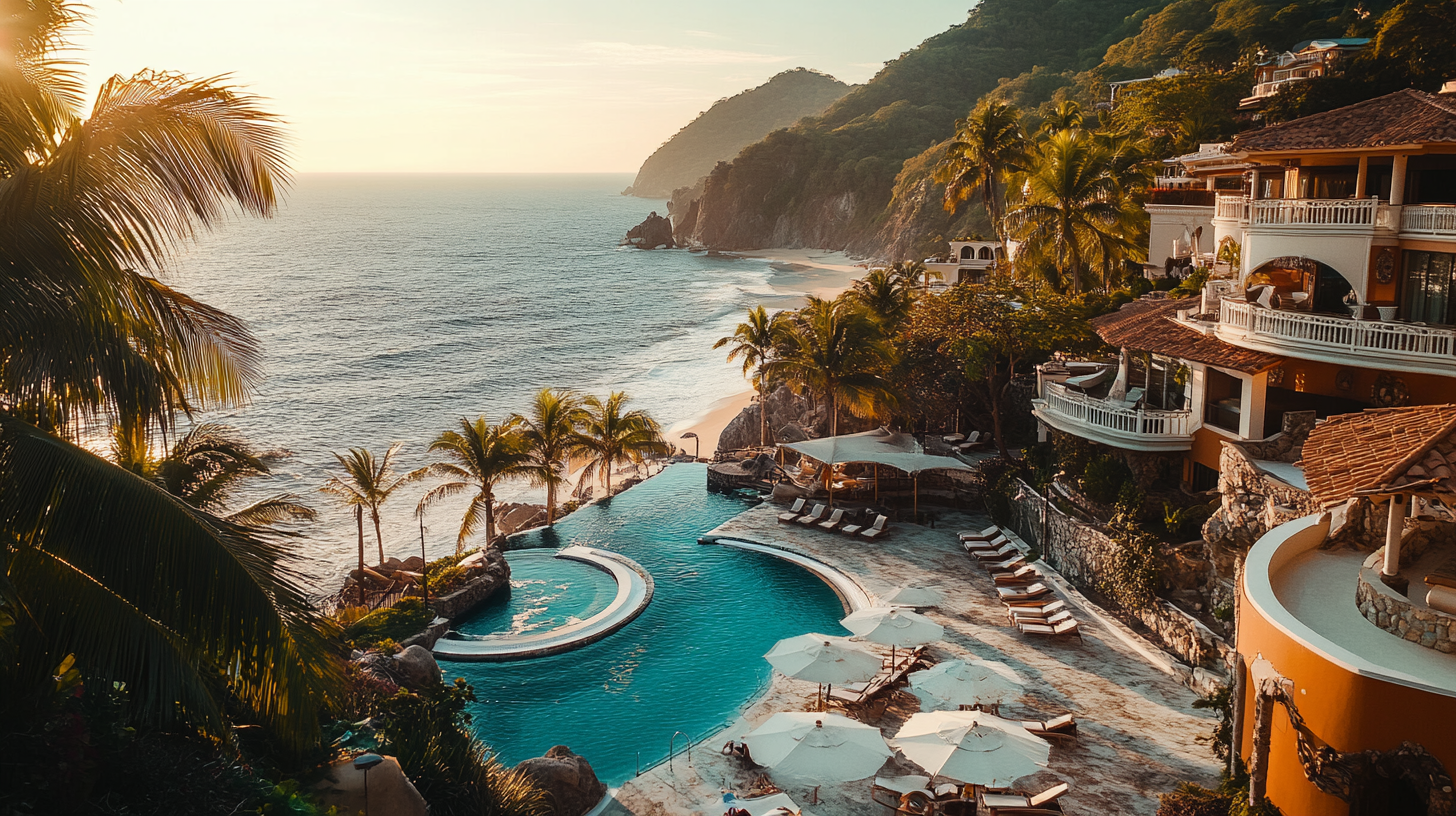
All-inclusive resorts experienced a revival in 2024, driven largely by Gen Z travelers. The appeal of hassle-free, value-packed vacations resonated with this demographic, who valued convenience and cost-effectiveness. These resorts adapted to modern expectations by offering curated experiences, diverse dining options, and entertainment tailored to younger guests. Innovations included all-inclusive resorts with immersive cultural experiences , combining the convenience of all-inclusive packages with authentic local interactions, which appealed to travelers seeking depth without the stress of planning.
Luxury all-inclusives rose in prominence, combining the benefits of all-inclusive packages with upscale amenities and services. Travelers enjoyed the predictability of costs without sacrificing quality or exclusivity. Brands introduced high-end all-inclusive resorts with personalized services , which offered bespoke experiences within an all-inclusive framework. This trend signaled a shift in perception, positioning all-inclusive resorts as desirable options across various market segments, including luxury travelers who previously might have overlooked them.
The resurgence also extended to off-grid accommodations and small boutique hotels. Travelers sought intimate settings that provided personalized experiences and a sense of discovery. The popularity of eco-friendly micro-hotels in remote destinations reflected this desire. These establishments often emphasized sustainability and local culture, offering unique experiences that aligned with broader travel trends of authenticity and environmental responsibility.
Brands responded by innovating their offerings. For instance, Uber ventured into the travel industry by providing unique travel packages, expanding beyond transportation to offer end-to-end travel planning services through ride-sharing platforms . This diversification highlighted the evolving landscape where traditional boundaries between sectors blurred to meet traveler demands for integrated and convenient services.
The Imperative of Personalization in Travel
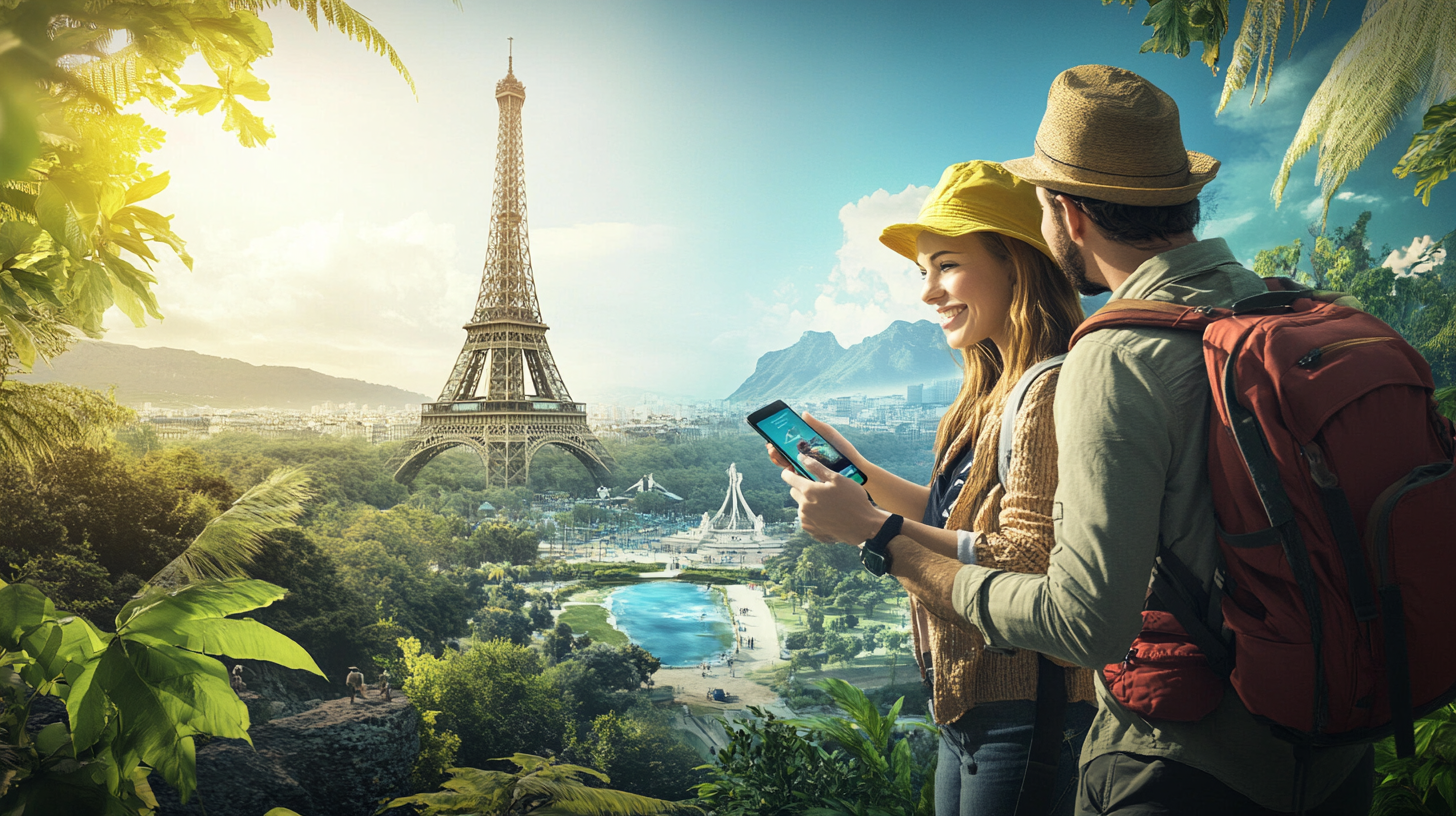
Personalization stood at the forefront of travel trends in 2024. Travelers increasingly expected tailor-made experiences that catered to their individual preferences and interests. This demand spanned across luxury and mainstream markets, influencing how services were delivered. The use of AI-driven personalized travel recommendation engines allowed companies to offer customized itineraries and suggestions, enhancing customer satisfaction and engagement.
Hyper-personalized holidays became a hallmark of luxury travel. Professional advisors and travel counselors reported a 30% growth in luxury bookings, emphasizing the desire for curated itineraries and exceptional service. Exclusive experiences such as private cultural tours led by local experts , or custom-designed adventure trips, allowed travelers to engage deeply with destinations. Travelers sought destinations and experiences that resonated with their personal narratives and aspirations, seeking journeys that were as unique as they were.
Loyalty programs and value propositions played significant roles in influencing travel decisions. Hotels and airlines leveraged data analytics to understand customer preferences, offering bespoke services and rewards. The introduction of personalized loyalty programs with dynamic rewards provided incentives tailored to individual travel habits and desires. This approach not only enhanced customer satisfaction but also fostered brand loyalty, creating lasting relationships between travelers and brands.
The trend extended to niche travel experiences, such as “hobbiday” travel, where trips were tailored around personal hobbies and interests. Whether it was culinary tours, adventure sports, or artistic pursuits, travelers sought meaningful connections through their passions. Companies offered customized hobby-based travel itineraries , enabling enthusiasts to dive deep into their interests while exploring new destinations.
Embracing Slow Travel and “Slowmadism”

The concept of slow travel gained momentum in 2024, with “slowmadism” embodying the practice of mindful and immersive travel. This trend encouraged travelers to spend more time in fewer places, allowing for deeper connections with local cultures and environments. The rise of long-term stay accommodations with local community integration facilitated this approach, offering extended lodging options and opportunities to engage with local traditions and lifestyles.
Travelers embraced unplanned itineraries, favoring spontaneity over rigid schedules. This approach facilitated authentic experiences, as travelers could adapt their activities based on local recommendations and personal interests. Tools like real-time travel planning apps for spontaneous explorers empowered travelers to make on-the-go decisions, enhancing the sense of adventure. The emphasis was on quality over quantity, savoring each moment rather than rushing from one attraction to another.
Slow travel also intersected with sustainability, as longer stays reduced the carbon footprint associated with frequent transportation. It supported local economies by allowing travelers to engage more meaningfully with communities, contributing to responsible tourism practices.
The decline of remote work slightly affected long staycations, but the desire for immersive travel experiences remained strong. Travelers continued to prioritize depth and richness in their journeys, reflecting a broader shift towards intentional and conscientious travel.
Emerging Travel Trends of 2024
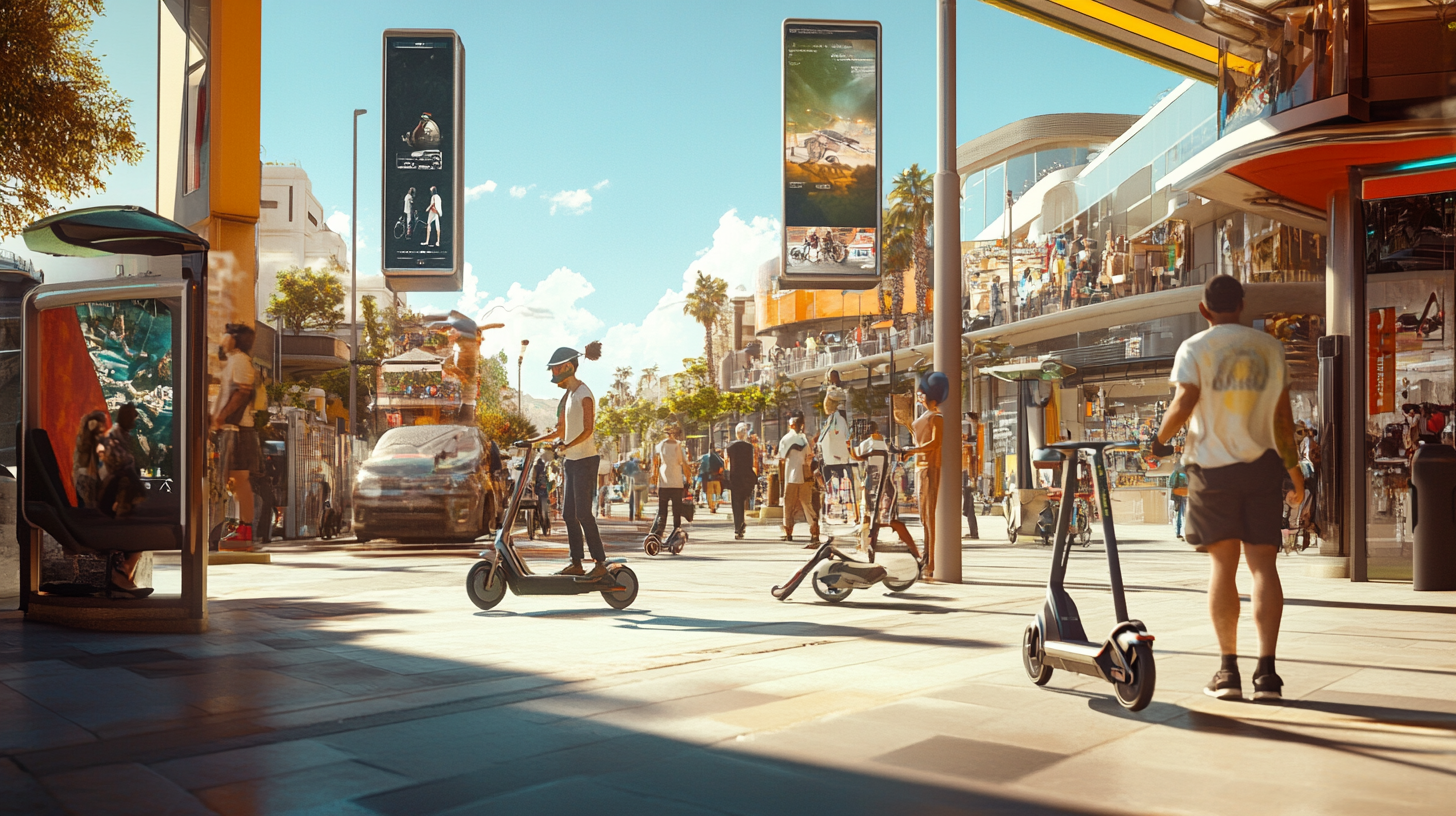
The year introduced several innovative travel trends that reflected the evolving desires of travelers. “Shoulder Season” travel became popular as people sought affordable and less crowded experiences by traveling during off-peak times. This approach offered cost savings and a more relaxed atmosphere at popular destinations. Resources like guides to the best shoulder season destinations helped travelers plan effectively, maximizing their experiences while minimizing costs.
“Reboot Retreats” focused on self-improvement, combining travel with personal development activities such as wellness programs, workshops, and educational seminars. These retreats catered to those seeking rejuvenation and growth, both mentally and physically. The surge in transformative travel experiences for personal development highlighted a growing market for trips that offer more than leisure, emphasizing long-term benefits to participants.
The quirky trend of “Rawdogging” flights emerged, where travelers intentionally skipped in-flight entertainment to unplug and reflect. This practice aligned with the desire for digital detoxes and mindfulness during travel, allowing passengers to be present in the moment. Airlines began to recognize this trend, offering meditation and mindfulness options during flights , catering to passengers seeking a more contemplative in-flight experience.
“Menopause retreats” also gained attention, providing community and wellness support for women experiencing this life stage. These specialized retreats offered tailored programs that addressed health, wellness, and social connection, exemplifying the niche personalization in travel offerings. The availability of wellness retreats specializing in women’s health , including menopause-focused services, underscored the industry’s response to diverse traveler needs.
Sustainable Luxury: A Harmonious Blend

The fusion of luxury and sustainability defined a significant trend in 2024. Affluent travelers recognized the importance of eco-conscious choices and sought out luxury accommodations and experiences that aligned with their values. Hotels like Conrad Koh Samui and Hilton London Bankside led the way by implementing sustainable practices without compromising on luxury amenities. The rise of sustainable luxury travel packages offered discerning travelers options that satisfied both their desire for opulence and their commitment to environmental responsibility.
Travelers prioritized establishments that demonstrated a commitment to environmental stewardship. This included the use of renewable energy sources, sustainable materials, and initiatives to reduce waste. Such practices became selling points, differentiating brands in a competitive market.
The emphasis on sustainability extended to transportation, with a growing interest in train travel and eco-friendly vehicles. The resurgence of train journeys offered a nostalgic yet environmentally friendly mode of travel, appealing to those seeking lower carbon footprints. Luxury rail experiences like luxury eco-friendly train journeys in Europe provided an alternative to air travel, combining comfort, scenic routes, and sustainable practices.
Sustainable luxury represented a shift in consumer expectations, where ethical considerations became integral to the travel experience. This trend indicated a future where luxury and sustainability are not mutually exclusive but rather complementary aspects of high-end travel.
Final Thoughts

The travel landscape of 2024 showcased a dynamic interplay between luxury and budget travel, influenced by global events, technological advancements, and shifting consumer preferences. Luxury travel thrived, driven by a desire for personalized, meaningful, and sustainable experiences. Budget travel faced significant challenges, prompting a reevaluation of its role in the industry. The insights from 2024 global travel industry reports suggest that these trends will continue to evolve, shaping the future of travel in significant ways.
As we look ahead to 2025, emerging trends such as noctourism—exploring destinations at night—and “calmcations,” focused on tranquility and stress reduction, hint at a continued evolution of travel preferences. The integration of AI will further enhance planning and personalized experiences, while also encouraging travelers to find balance and authenticity in their journeys. Resources like predictions for travel trends in 2025 provide insights into how the industry may adapt to these new demands.
The overarching theme is clear: travelers seek deeper connections, whether with people, cultures, or the environment. The emphasis on sustainability, wellness, and personalization reflects a conscientious approach to exploring the world. The industry, in turn, continues to adapt, innovate, and cater to these evolving desires.
Ultimately, 2024 was a year of transformation and growth in the travel sector. The trends established during this period are likely to shape the future of travel, signaling an era where experiences are valued over mere destinations, and where luxury and sustainability go hand in hand.
Follow us back to BoardingArea for more insights and updates on the evolving travel landscape.

